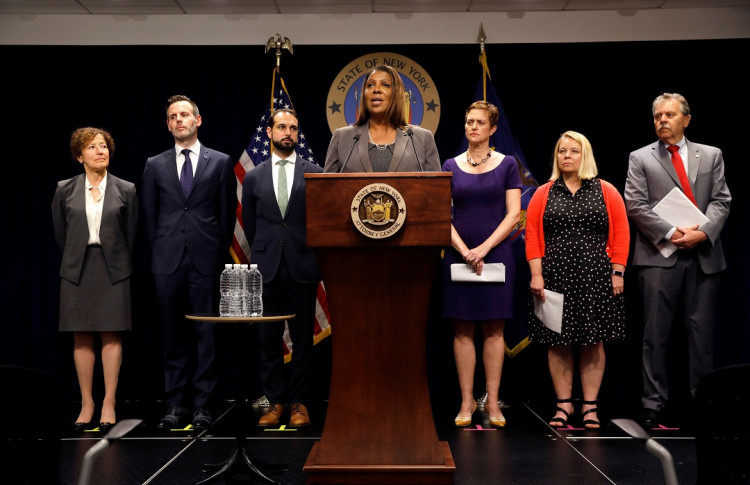The long-planned merger between two of the country's largest carriers has now stumbled upon yet another roadblock. The merger between Sprint and T-Mobile has been put on hold following lawsuits filed by ten different US states. The attorney generals of California, New York, Columbia, and seven other states filed their suits this week, demanding that the government get involved to stop the planned merger.
According to New York Attorney General Letitia James, having a bigger corporate entity will be detrimental to consumers and the merger must not be allowed to push through. The complainants argue that the proposed merger would significantly decrease competition within the sector, which would eventually lead to increased prices for telephone and data services.
Following the news of the litigation, share prices for both T-Mobile and Sprint dropped. Sprint shares fell by as much as 6 percent, while T-Mobile shares dropped by 2 percent. Other states that filed their own suits to stop the merger included Colorado, Connecticut, Maryland, Mississippi, Michigan, Virginia, and Wisconsin. The lawsuit was reportedly a culmination of years of investigation into the effects of the merger.
T-Mobile and Sprint initially started exploring the idea of a merger back in 2014. The estimated $26 billion mergers would essentially create a larger company with a massive amount of resources at its disposal. It would also decrease the number of nationwide carriers in the country from four to three. T-Mobile and Sprint currently rank as the third and fourth largest carriers in the United States, respectively. They are ranked below AT&T and Verizon in terms of subscriber count.
The lawsuit revealed internal company documents that indicated the ill intentions of the companies involved in the merger. This included a statement from T-Mobile's controlling shareholder Deutsche Telecom, which mentioned that "less competition" in the space would create "better returns" for the companies. Both T-Mobile and Sprint have publicly argued that a merger between the companies would actually result in better service for all its customers.
Back in April, the US Justice Department's antitrust offices hinted its intention to block the merger. However, FCC Chairman Ajit Pai mentioned last month that he recommends that the FCC approve the deal if T-Mobile and Sprint agree to some revisions in the merger. The revisions included an agreement to certain coverage commitments by the new company and a pledge to roll out a 5G network within six years after the merger.






